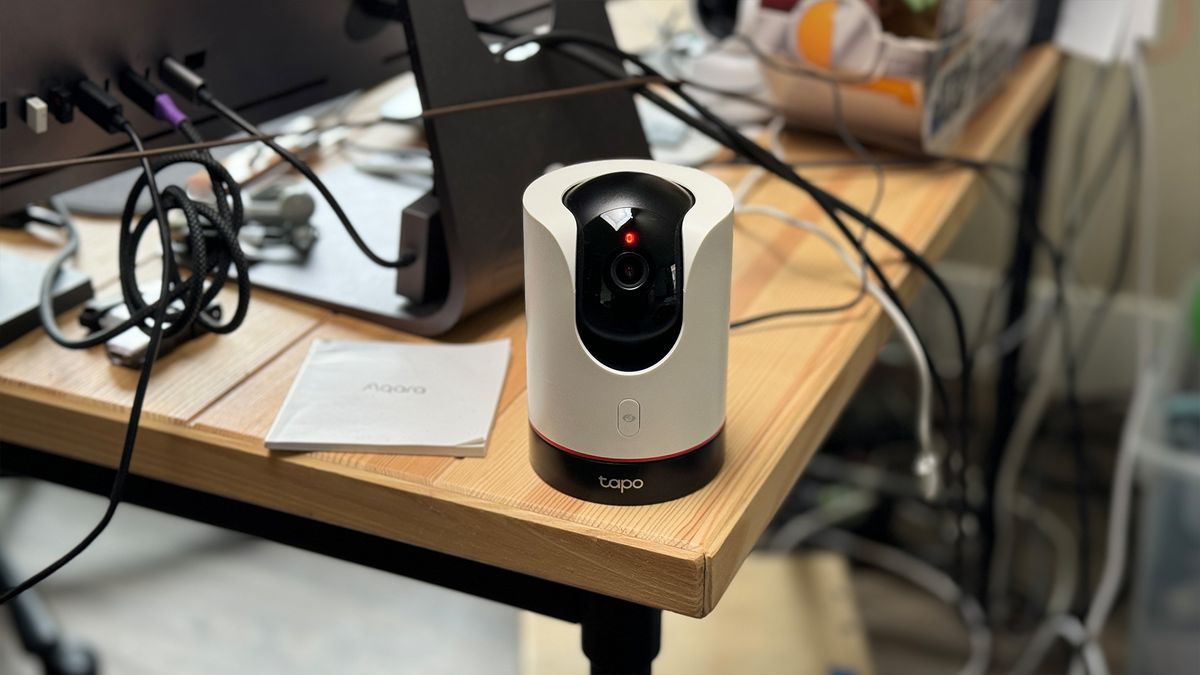Tower Defense Simulator (TDS) is a popular strategy game on Roblox, first launched in 2019. Created as a school project, it has since become a massive success with over 3.4 billion visits and an average concurrent user count of 12,000 to 15,000 players. As a tower defense game, TDS emphasizes strategic gameplay, where players must build and upgrade towers to fend off waves of enemies. The game operates on a LiveOps model, regularly introducing updates, features, and events to keep its audience engaged. LiveOps plays a central role in evolving the game, enabling TDS to constantly gather player feedback and iterate to refine the experience.
TDS relies on Roblox Analytics to track key metrics like retention, engagement, acquisition, and revenue. For example, funnel events in Roblox Analytics are used to track tutorial effectiveness and identify drop-off points during onboarding. This data allows TDS to optimize their first-time user experience (FTUE), boosting retention rates by addressing problem areas in the tutorial flow.
However, to go beyond standard KPIs, TDS integrated GameAnalytics’ DataSuite to unlock more granular and customizable insights. Roblox Analytics covers foundational metrics, but DataSuite offers tools for in-depth game balancing, advanced user behavior tracking, and strategic game improvements. This dual approach ensures that TDS benefits from both broad analytics and deep, actionable insights.
How Tower Defense Simulator uses GameAnalytics
TDS uses GameAnalytics to track and analyze key performance indicators that directly impact game balance, player experience, and LiveOps planning. Their implementation of GameAnalytics includes:
- Game balancing metrics: TDS monitors win-loss ratios, losses by waves, and overall wins and losses for various game modes. For example, a low win-loss ratio in a hardcore mode may indicate the mode is too challenging, prompting adjustments. On the other hand, if easier modes show win-loss ratios above the target (e.g., 3-4), the developers may increase difficulty. This approach ensures each game mode remains balanced and enjoyable for players.
- Heatmap tracking: One of the most innovative uses of DataSuite is creating custom heat maps. Using custom fields, TDS tracks where players place towers during matches and uses big query to layer their positions on the top of a game map. This provides direct insights into player strategies and interactions with the environment. If players consistently place towers in the same locations, TDS might redesign maps to encourage more diverse and strategic placement. Heatmaps are also used in the lobby to optimize player flow and interactions within the game’s hub.
- Feature-specific metrics: Using custom events, TDS tracks metrics such as the frequency of feature usage, suggestion and conversion rates, and time or currency spent on specific features. These insights enable the team to identify underused features and refine them to better align with player needs.
Onboarding optimization
GameAnalytics helps refine TDS’s onboarding process by identifying specific steps in the tutorial where players drop off. For instance, a significant drop-off at the “Demo Man selected” step (24% loss) highlighted areas for improvement, such as clearer instructions or faster transitions to gameplay. By addressing these issues, TDS increased tutorial completion rates and improved retention.
Impact of GameAnalytics on Tower Defense Simulator
The integration of GameAnalytics’ DataSuite has transformed how TDS approaches live operations. Key benefits include:
- Enhanced game balancing: Insights from win-loss ratios and heatmaps ensure all game modes and maps are consistently balanced.
- Improved retention: Detailed analysis of the onboarding process has helped TDS optimize tutorial steps, leading to higher completion rates.
- Strategic LiveOps planning: Feature-specific metrics and player behavior tracking empower the team to make data-driven decisions, ensuring updates resonate with the community.
Tower Defense Simulator’s combination of Roblox Analytics for foundational metrics and GameAnalytics for advanced insights exemplifies how a robust analytics strategy can drive long-term success in the gaming industry. Through continuous iteration and careful attention to player data, TDS has cemented its position as a leading strategy game on Roblox.
This case study is based on the RDC 2024 presentation. Watch the full video here:





















Discussion about this post